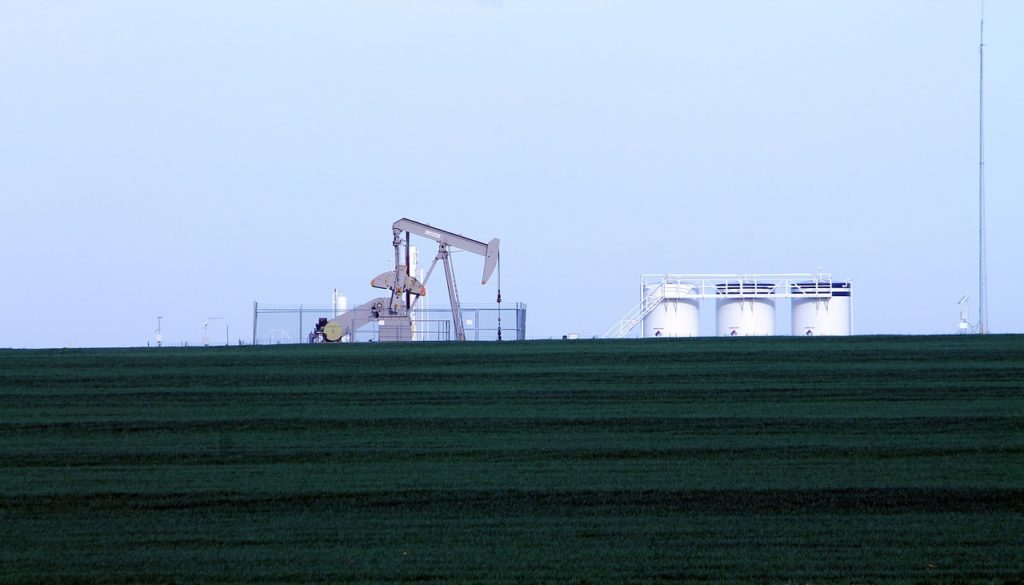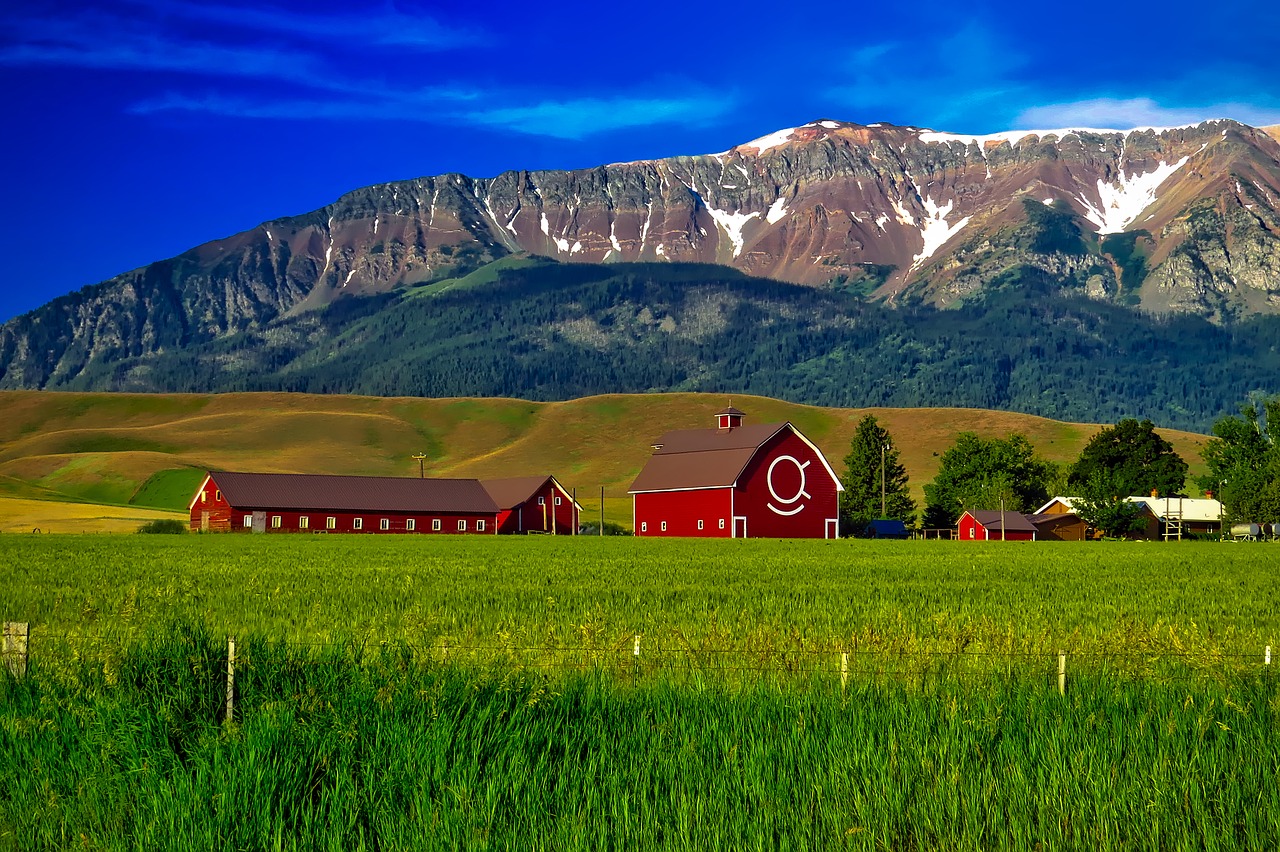
Earthjustice, one of the world’s leading environmental law organizations, has fought and won numerous cases on behalf of the earth, humans, and animals. Over the years, Earthjustice’s attorneys have defended a diverse range of clients that include the Standing Rock Sioux Tribe, the American Lung Association, Clean Water Action, and numerous others invested in creating a more sustainable and safer future. Earthjustice, which represents its clients free of charge, is actively involved in hundreds of cases that have an environmental impact.
A number of scientists have concluded that humanity has perhaps a decade left to address the problem of climate change before its effects become irreversible. Earthjustice has recently concentrated on effort to push its “Zero to 100” campaign, which is designed to promote the urgent need to reduce carbon emissions to zero and switch to 100 percent clean and renewable energy usage.
Through this campaign, Earthjustice hopes to amplify its work on behalf of clients with a focus on clean energy solutions. Earthjustice and its supporters believe that leveraging the legal system to highlight the importance of clean energy will assist in the battle against climate change. In doing so, it collaborates with leaders focused on fighting climate change who want to reduce and eliminate the use of fossil fuels.
On its website, Earthjustice links to more information about a number of efforts and past successes that its leaders view as vital to furthering the cause of “Zero to 100.” Here are a few of them:
A Congressional push toward sustainability
Earthjustice supports the 100% Clean Economy Act of 2019. US Congressman Donald McEachin (D-Virginia) introduced this legislation at the 116th Congress in 2019. The bill has received the support of more than 150 other Congressional representatives. A watershed piece of legislation in the history of the fight against climate change, it seeks to drive the United States to transition to a completely clean-energy economy with net-zero emissions by the year 2050.
Congressional sponsors of the 100% Clean Economy Act aim to ensure the reduction of greenhouse gasses in the atmosphere. If passed, this legislation would require every federal government agency to create and carry out a plan to make zero emissions a reality by 2050, and the Environmental Protection Agency would be required to follow the progress toward this goal through ongoing monitoring and evaluation.

Climate change through the lens of social justice
Another project that aligns closely with the mission of Earthjustice is the Equitable and Just National Climate Platform. Earthjustice was one of a number of organizations that joined together to sign on to the platform, which offers a strong direction for climate policy nationwide. Within the framework of addressing climate change, this policy also attempts to elevate the cause of public health by addressing the issues of racial and economic justice for all humans.
Respecting traditional land stewardship
Protecting tribal lands and the health of their communities is another priority for Earthjustice. One recent example of a case that brought together the “Zero to 100” effort and the ongoing fight for racial and social justice involved the federal government’s lax oversight and violations of the agencies’ own rules in approving oil and gas leases on lands belonging to the Pawnee Nation.
In 2013, government regulators allowed the implementation of 17 new oil and gas leases on Pawnee land in Oklahoma. Although the government had never informed the Pawnee of the approvals, it refused to acknowledge the Pawnees’ right to sue in court, claiming that the Native American community had never raised any official objections. A member of the Pawnee Nation just happened to notice a crew conducting a land survey to support a fracking operation on the land in 2015. The Pawnee man began asking questions and got Earthjustice involved after being on the receiving end of seemingly endless stonewalling.

After Oklahoma suffered the most powerful earthquake in its history in 2016—with many experts attributing it to fracking by oil and gas companies—Earthjustice filed suit in federal court on behalf of the Pawnee community. Earthjustice also requested that the Bureau of Indian Affairs reconsider its leasing program, and in 2018, an internal agency review agreed with the plaintiffs, holding that the Bureau of Indian Affairs was in violation of the law. The results of the suit included the court’s decision that three of the leases at the center of this controversy were declared invalid, and 10 others were found to be legally expired.
In pointing out that the federal government is mandated to respect tribal sovereignty and the rights of the Native American communities, Earthjustice secured a victory for the Pawnee Nation and halted a significant amount of illegal fracking. The organization then took its case before the Interior Board of Indian Appeals to address the remaining four oil and gas leases.
The powerful voices of youth
Currently, Earthjustice is representing a group of young people who filed a legal complaint on climate change with the United Nations Committee on the Rights of the Child in September 2019. According to the petition, five nations have violated children’s human rights through their failure to address climate change. The countries had signed an international treaty in which they pledged to support children’s right to live in a safe and healthy world.
The petition, which was brought to the UN by activist Greta Thunberg and more than a dozen other young people, supports the right of youths to be free from the fear of becoming ill or losing their homes or lives due to the effects of climate change. Earthjustice has partnered with a global law firm to represent these young petitioners.
Earthjustice’s in-depth experience in holding governments accountable—through court cases, media advocacy, and international forums—has helped to bring about justice in the fight to save the Great Barrier Reef, Glacier National Park, and other ecosystems in the past. Against this background, the organization is in a strong position to represent these powerful young advocates for the environment.

